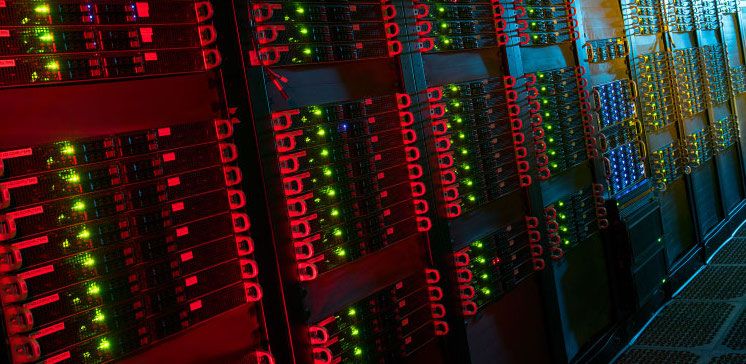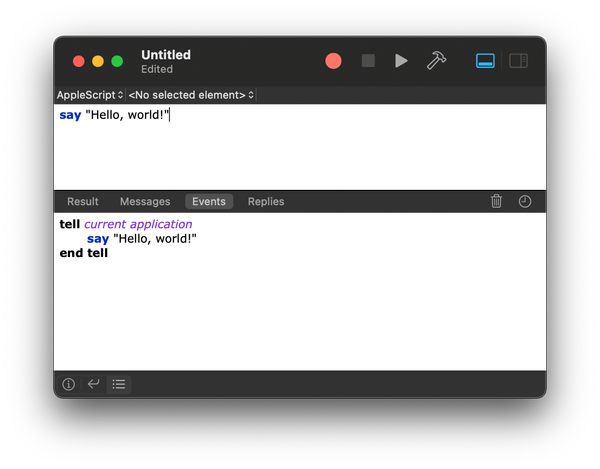The Drawbacks of Self-Hosting
Self-hosting, the practice of hosting your own website or applications on your own infrastructure, offers numerous benefits as discussed in the previous article. However, it is important to consider the potential drawbacks

Introduction
Self-hosting, the practice of hosting your own website or applications on your own infrastructure, offers numerous benefits as discussed in the previous article. However, it is important to consider the potential drawbacks associated with self-hosting. In this article, we will explore in-depth some of the challenges and drawbacks that individuals and businesses may encounter when opting for self-hosting.
Technical Expertise and Maintenance
One of the primary challenges of self-hosting is the requirement for technical expertise and ongoing maintenance. Setting up and managing your own server infrastructure involves various complex tasks, such as configuring the server hardware, operating system, web server software and database management systems. Additionally, you need to have a solid understanding of networking concepts, security practices and troubleshooting techniques.
Regular maintenance is crucial to ensure the smooth functioning of your self-hosted environment. This includes applying software updates, monitoring system performance, managing backups and resolving any issues that may arise. Without the necessary technical skills or resources, maintaining a self-hosted infrastructure can be overwhelming and time-consuming.
Initial Investment and Infrastructure Costs
Another drawback of self-hosting is the initial investment and ongoing infrastructure costs. Unlike using a hosting provider, self-hosting requires you to purchase and maintain your own server hardware, networking equipment and software licenses. This can be a significant financial burden, especially for individuals or small businesses with limited budgets.
Scaling your infrastructure to accommodate increased traffic or resource demands also requires additional investment. As your website or applications grow in popularity, you may need to upgrade your server hardware, increase bandwidth, or expand your storage capacity. These costs can quickly add up, making self-hosting a less viable option for those with limited financial resources.
Reliability and Uptime
When self-hosting, ensuring the reliability and uptime of your services becomes your responsibility. Unlike professional hosting providers that offer high availability and redundancy, self-hosted systems may be more prone to downtime. Hardware failures, power outages, or network disruptions can all lead to service interruptions.
Maintaining a reliable infrastructure requires careful planning and implementation of redundancy measures. This may include setting up backup power supplies, implementing failover mechanisms and employing load balancing techniques. Monitoring your infrastructure's health and promptly addressing any issues that arise is crucial to minimise downtime and ensure a positive user experience.
Security Risks
While self-hosting allows for greater control over security measures, it also comes with increased responsibility. Without proper security practices and expertise, self-hosted systems can be vulnerable to hacking attempts, malware infections, or data breaches.
Securing your self-hosted infrastructure requires implementing robust security measures, such as firewalls, intrusion detection systems and encryption protocols. Regular security audits, updates and proactive monitoring are essential to mitigate these risks. Failure to adequately address security vulnerabilities can have severe consequences, including compromised data, legal liabilities and damage to your reputation.
Limited Support and Documentation
When self-hosting, you may encounter challenges or issues for which finding support or documentation can be more difficult compared to using a hosted service. While online communities and forums can provide assistance, the level of support may not match that of professional hosting providers. Troubleshooting and resolving issues may require more time and effort.
Having a solid understanding of server administration, networking and troubleshooting techniques is crucial for effectively managing your self-hosted infrastructure. Additionally, staying up to date with the latest industry trends, security practices and software updates is essential to ensure the smooth operation of your services.
Scalability and Resource Constraints
Self-hosting may present scalability challenges, especially for rapidly growing websites or applications. Limited server resources, such as bandwidth or processing power, can become bottlenecks as traffic increases. Scaling a self-hosted infrastructure requires careful planning, monitoring and potentially additional investment in hardware or network upgrades.
Ensuring that your infrastructure can handle increased traffic and resource demands involves monitoring system performance, optimising configurations and implementing load balancing or caching techniques. Failing to scale your infrastructure appropriately can result in degraded performance, slow response times and a poor user experience.
Legal and Compliance Considerations
Self-hosting brings with it legal and compliance responsibilities that need to be carefully considered. Depending on the nature of your website or applications, you may need to comply with data protection regulations, privacy laws, or industry-specific requirements. Ensuring compliance and keeping up with changing regulations can be complex and time-consuming.
Protecting user data, implementing proper consent mechanisms and handling sensitive information securely are crucial aspects of legal and compliance considerations. It is essential to stay informed about the applicable laws and regulations in your jurisdiction and take the necessary steps to ensure compliance to avoid legal repercussions.
Conclusion
While self-hosting offers many benefits, it is important to be aware of the potential drawbacks and challenges involved. Technical expertise and ongoing maintenance, initial investment and infrastructure costs, reliability, security risks, limited support, scalability constraints and legal considerations are all factors that need to be carefully considered.
Self-hosting requires a significant level of technical proficiency, resources and time commitment. It is crucial to weigh these drawbacks against the benefits and assess whether self-hosting is the right choice for your specific needs and circumstances. By understanding the challenges and planning accordingly, you can navigate the potential drawbacks of self-hosting and make informed decisions to take control of your online presence.



